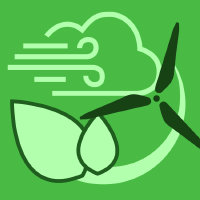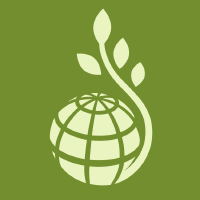Topic Editors


New Advances in Adsorptive and Extractive Methods for Pollutant Removal
Topic Information
Dear Colleagues,
In recent years, with the emergence of a series of ecological and environmental problems, such as the intensification of the global greenhouse effect and the increase in the frequency of extreme weather, there is an urgent need to develop high-quality research results on pollutant adsorption–extraction techniques that are highly efficient and selective for pollutant extraction, and that are consistent with the principles of green chemistry.
The aim of this topic is to accept papers on the extraction and extraction of specific pollutants by chemisorption–extraction, using the chemical, biological and physical compound-related properties of the pollutants in reaction-mediated systems such as aqueous or ionic liquids, gas-phase and solid wastes, etc., and to provide a state-of-the-art forum for research in the field of extraction and adsorption, among other things.
This topic is geared towards a wide range of applications that are easily scaled up, suitable for green chemistry, continuous production and high separation and extraction efficiency, including impact assessment studies, efficient recycling and corresponding remediation strategies, in order to promote the scientific utilisation and effective mitigation of pollutants, to protect the ecological environment and human health, to safeguard the safety of industrial production, and to achieve low-cost operations.
We welcome innovative and cutting-edge articles and hope to build a platform for learning and exchange with you!
Prof. Dr. Rui Wang
Dr. Xinpeng Liu
Dr. Yunqian Ma
Prof. Dr. Kai Zhang
Topic Editors
Keywords
- extraction
- adsorption
- molecular imprinting
- molecular recognition separation
- gas pollutant
- water pollutant
- soil pollutant
Participating Journals
| Journal Name | Impact Factor | CiteScore | Launched Year | First Decision (median) | APC | |
|---|---|---|---|---|---|---|

Clean Technologies
|
3.8 | 4.5 | 2019 | 26.6 Days | CHF 1600 | Submit |

Environments
|
3.7 | 5.9 | 2014 | 23.7 Days | CHF 1800 | Submit |

Pollutants
|
- | - | 2021 | 21.7 Days | CHF 1000 | Submit |

Sustainability
|
3.9 | 5.8 | 2009 | 18.8 Days | CHF 2400 | Submit |

Toxics
|
4.6 | 3.4 | 2013 | 14.7 Days | CHF 2600 | Submit |

MDPI Topics is cooperating with Preprints.org and has built a direct connection between MDPI journals and Preprints.org. Authors are encouraged to enjoy the benefits by posting a preprint at Preprints.org prior to publication:
- Immediately share your ideas ahead of publication and establish your research priority;
- Protect your idea from being stolen with this time-stamped preprint article;
- Enhance the exposure and impact of your research;
- Receive feedback from your peers in advance;
- Have it indexed in Web of Science (Preprint Citation Index), Google Scholar, Crossref, SHARE, PrePubMed, Scilit and Europe PMC.



